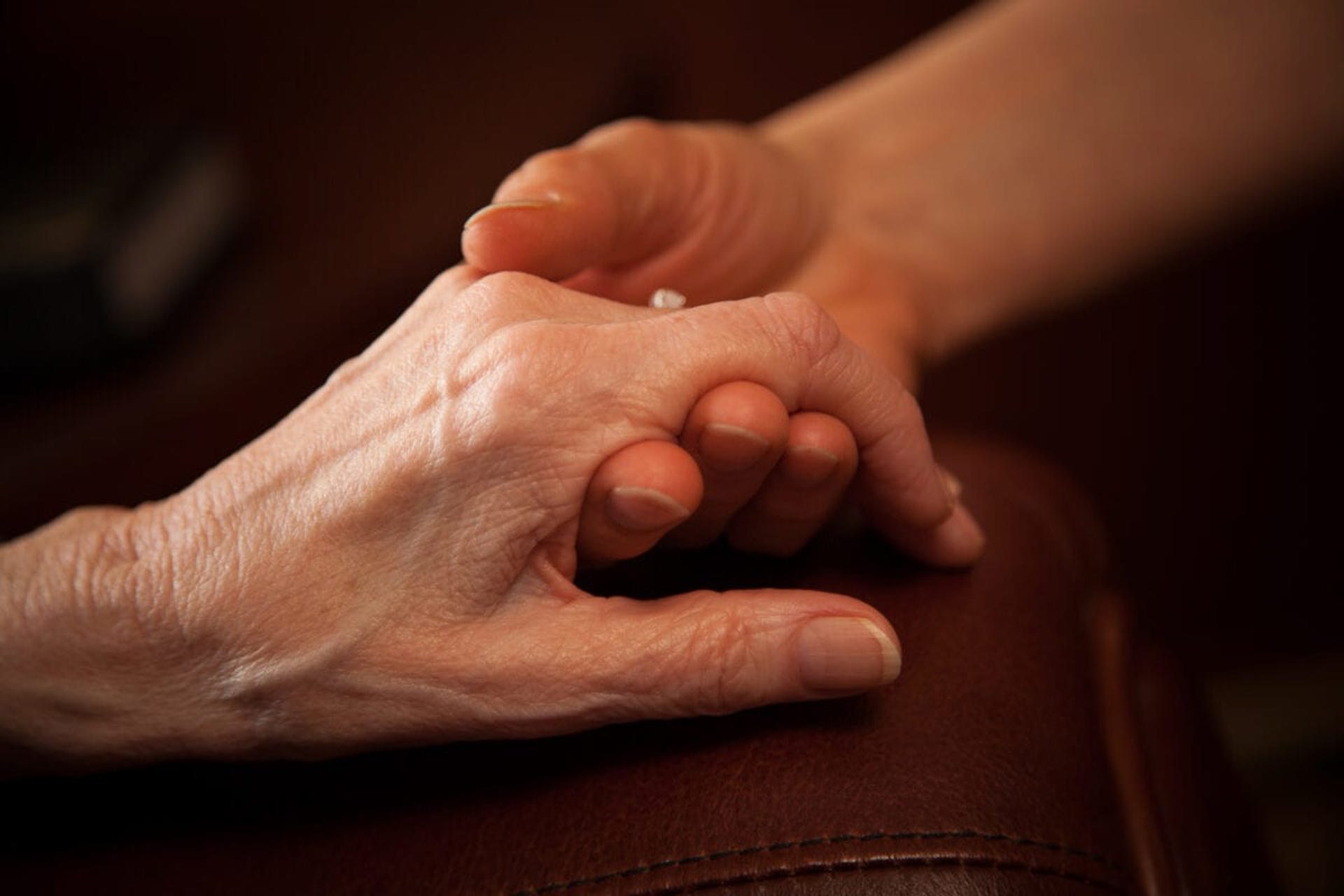Lasting Power of Attorney – the Basics
Published: 06/03/2019
As we get older it is sensible to think about what would happen if we no longer have mental capacity to understand and make decisions for ourselves.
By using a legal document, known as a “Power of Attorney” we can appoint someone to make decisions for us or act on our behalf.
In practice, this can include financial decisions such as paying bills, renewing insurance, or claiming benefits. It may also include decisions about where we live, getting help from social services, health-care decisions and day to day matters such as diet, dress and daily routine.
Lasting Powers of Attorney
Since 2007, to be effective, powers of attorney (now known as “Lasting Powers of Attorney”) must be registered with the Office of Public Guardian. A fee of £82 is payable and there are two forms: one for financial matters and one for health matters. The form takes about nine weeks to register.
To complete the lasting power of attorney you must have mental capacity. This refers to the ability to make a specific decision at the time it needs to be made. A person with mental capacity has at least a general understanding of:-
- The decision they need to make;
- Why they need to make it;
- Any information relevant to the decision;
- What is likely to happen when they make it.
They should be able to communicate their decision through speech, signs, gestures or in other ways.
One detail to note on the lasting power of attorney form is the section that deals with when it is to take effect. There are two options:-
- immediately, with your consent until you no longer have capacity; or
- only when you no longer have mental capacity.

Practical problems and/or delay can arise if you select the second option. Banks and other companies may insist on seeing clear proof that the person concerned (the “donor”) has actually lost mental capacity.
You do not need a solicitor to complete the Lasting Power of Attorney form but it does have to be certified by someone you have known well for at least two years, other than a family member. This maybe your lawyer or doctor. If possible, the person certifying should discuss the power of attorney with you in private.
What happens if there is no Lasting Power of Attorney?
If you lose mental capacity before signing a Lasting Power of Attorney, your next of kin would have to apply to the Court of Protection for a Court order, granting them authority for them to act as your “deputy”. There is a £400 application fee plus another £500 if the Court decides there has to be a hearing. Once granted there are further annual fees to pay, and the Deputy has to file an annual report to the Office of the Public Guardian.
